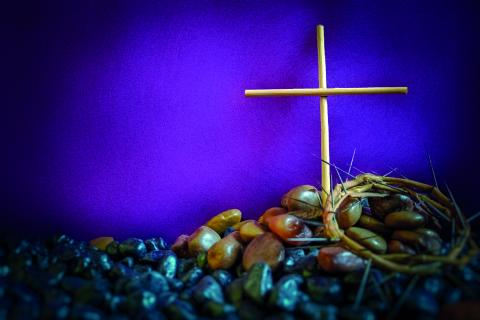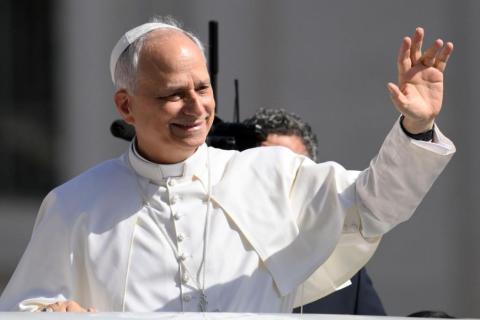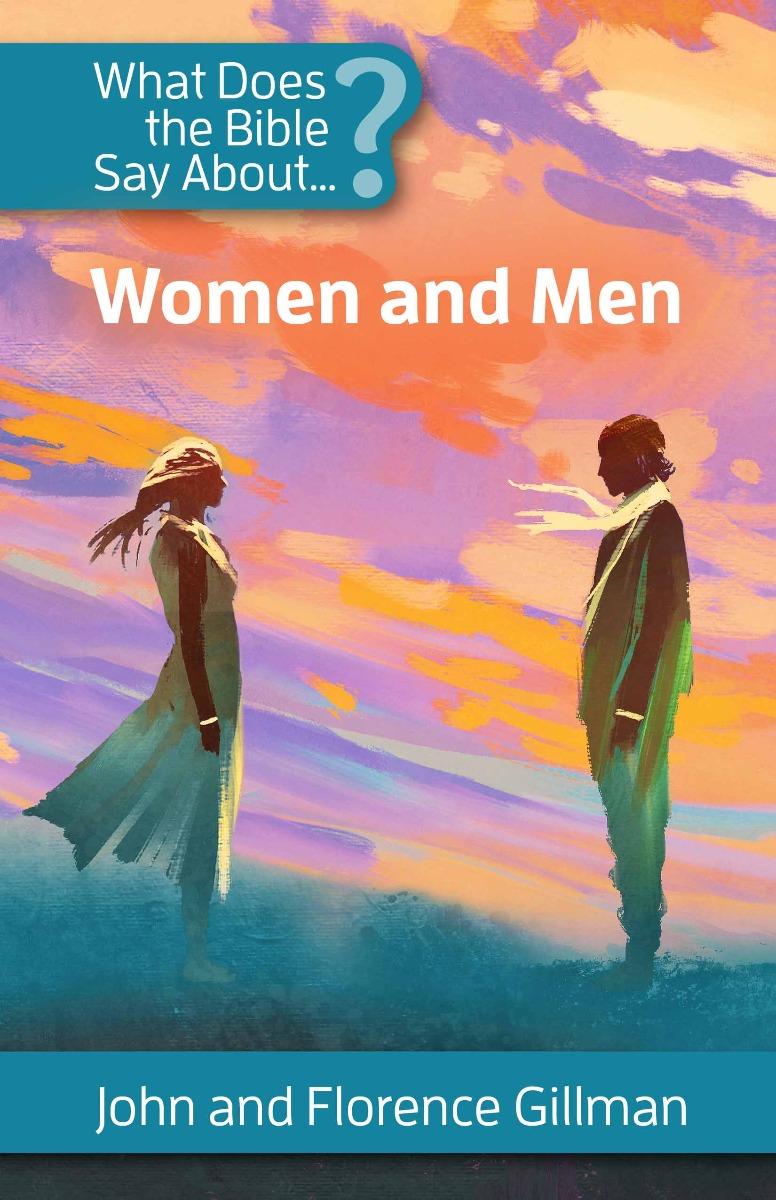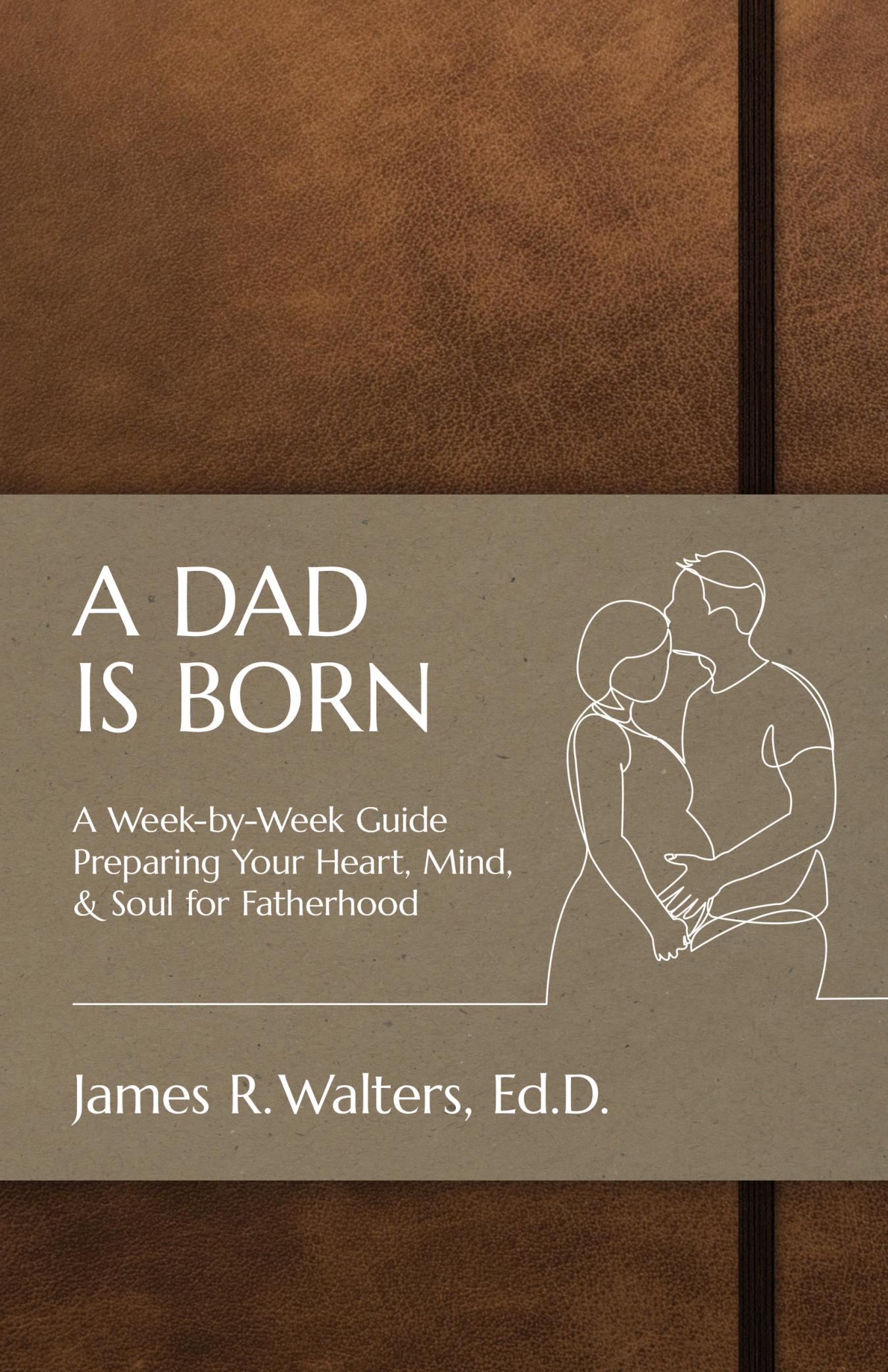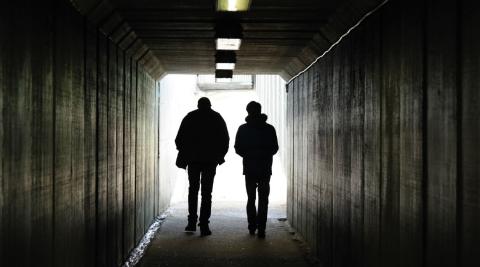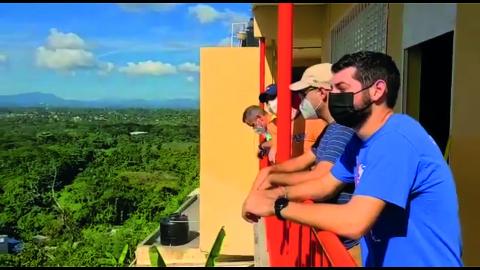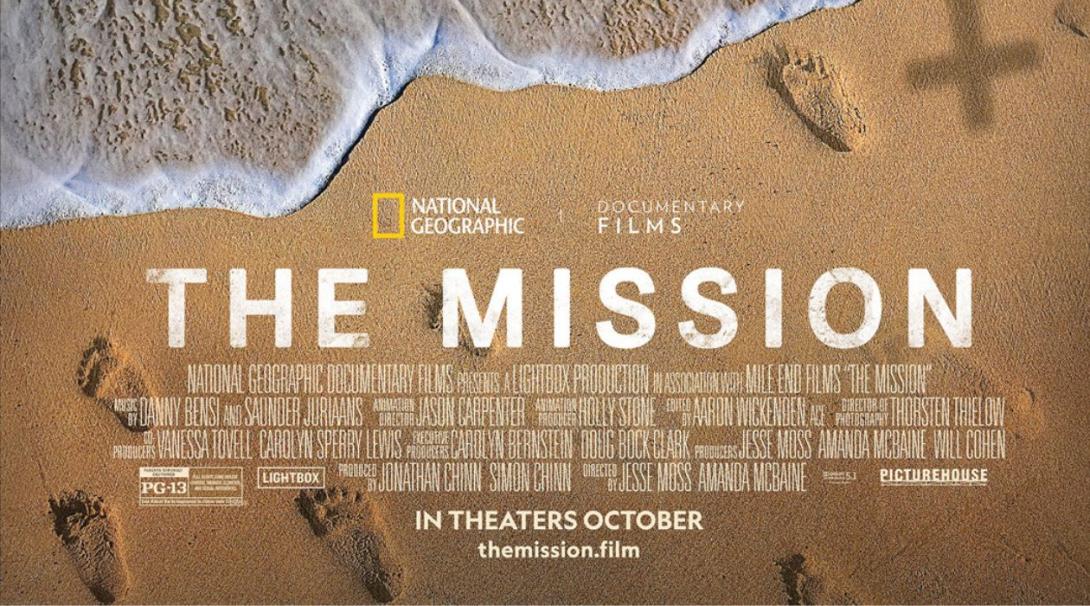
On November 15, 2018, the world was gripped by the audacious journey of twenty-six-year-old American missionary John Allen Chau. His dream was to achieve the seemingly impossible—reach one of the world’s last uncontacted indigenous tribes, on North Sentinel Island, India. Chau wanted not only to make contact but to preach Christianity and convert the tribe. Two days after he did so, Chau’s body was discovered on the island’s shore, marking the tragic and almost inevitable end of an illegal and perilous expedition.
National Geographic’s documentary, The Mission, which began showing in theaters in October, examines the expedition, its consequences, and the implications it holds for Christian churches and missionaries. This film is profoundly challenging, provoking us to question the boundaries of faith, respect, and the ethics of missionary zeal.
Chau knew that death was not merely a possibility but likely the outcome of his mission. Others had paid the ultimate price in their attempts to reach the Sentinelese people. India had, in fact, declared travel to the island illegal in 1956, a move aimed at safeguarding the tribe who most likely lack immunity to many infectious diseases of our modern world. Nevertheless, Chau was undeterred.
This raises many questions. What compelled him? Were his intentions altruistic, or did he suffer from a messiah complex? Who is responsible for encouraging or pushing him toward this?
Directors Jesse Moss and Amanda McBaine employ a variety of techniques to dissect Chau’s story. Chau’s family declined to participate in the film, but his father Patrick provided an extensive statement about his son. Voice-over actors read Chau’s diaries and his father’s letter, while animated recreations breathe life into his journey.
The Mission features an array of interviews that provide a fair and comprehensive examination of Chau’s journey and the Sentinelese tribe. Pastors and missionary leaders who taught or worked with Chau are interviewed, although some notably declined to participate, as did some former Christian missionaries.
The documentary delves into Chau’s character, attempting to discern motivations that drove him. Did he seek to die for what he believed? Did he long to be a martyr, or perhaps more of a Christian Indiana Jones, venturing into the unknown?
The Mission also explores the culture that enveloped Chau. Evangelical churches often exalt mission work as the pinnacle of Christian life, or venerate martyrs as ultimate embodiments of faith. Chau’s father, a psychiatrist, offers clinical insights into what might have motivated his son, highlighting how John’s fascination with adventure stories, coupled with narratives heard in church, could seduce a young man.
We hear in John’s own words his desire to encounter the Sentinelese with respect, to help them worship God in their own language, and yet there is something disturbing in one of his last journal entries: “Lord, is this island Satan’s last stronghold?” This raises an important question about his and our understanding of mission, and how it can be deeply intertwined with colonial mindset.
We know very little about the Sentinelese, in fact, we know nothing about their beliefs and values. Is it so hard to trust that God somehow found a way to “talk” to his people, maybe in ways that are beyond our understanding, even though they have never heard about Jesus from a Christian missionary? As long as we see other people as deficient, there is the danger that we consider ourselves superior and try to impose our values, culture, and traditions on them. It is a challenge for every missionary to discover and acknowledge God’s mysterious presence in others and encounter them as equals.
As The Mission scrutinizes Chau’s journey, it sometimes speculates, due to the absence of Chau’s family and close friends. Yet, it remains effective, exploring his story and the surrounding culture. When the film shifts its focus to broader questions regarding the purpose and appropriateness of missions on a global scale, it sharpens its critique. It draws on interviews with anthropologists, former missionaries, and experts on North Sentinel Island, challenging the tendency to lionize Chau and those who share his aspirations.
Nevertheless, The Mission never descends into a denunciation of Western Christianity or missionary work as a whole. It refrains from painting Chau as a villain and instead presents him as one piece in a much larger puzzle. The film treats Chau and individuals like him with fairness and respect. The Mission is an engrossing, thought-provoking investigation into the complex interplay between fanaticism and faith, leaving us with ample material for reflection.





